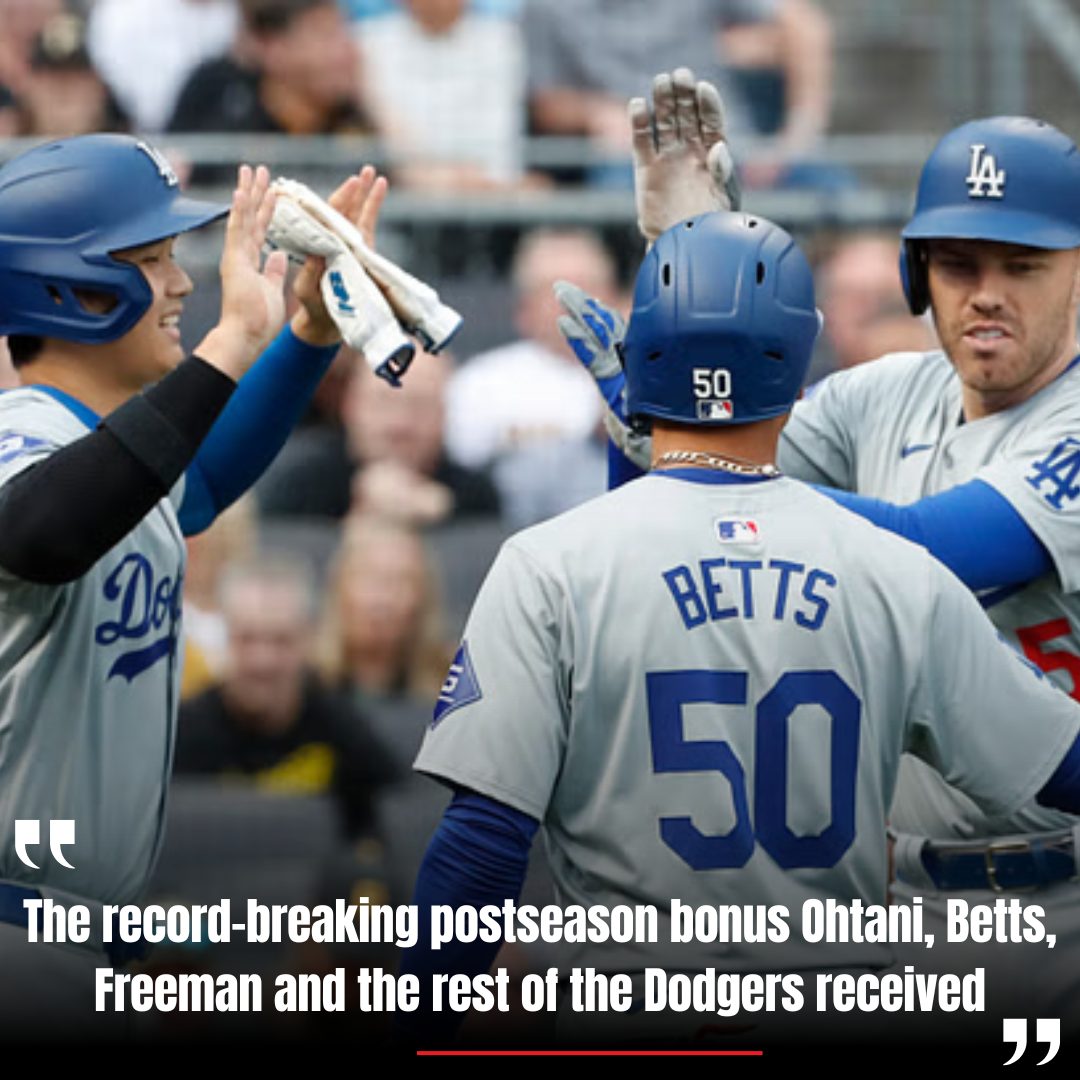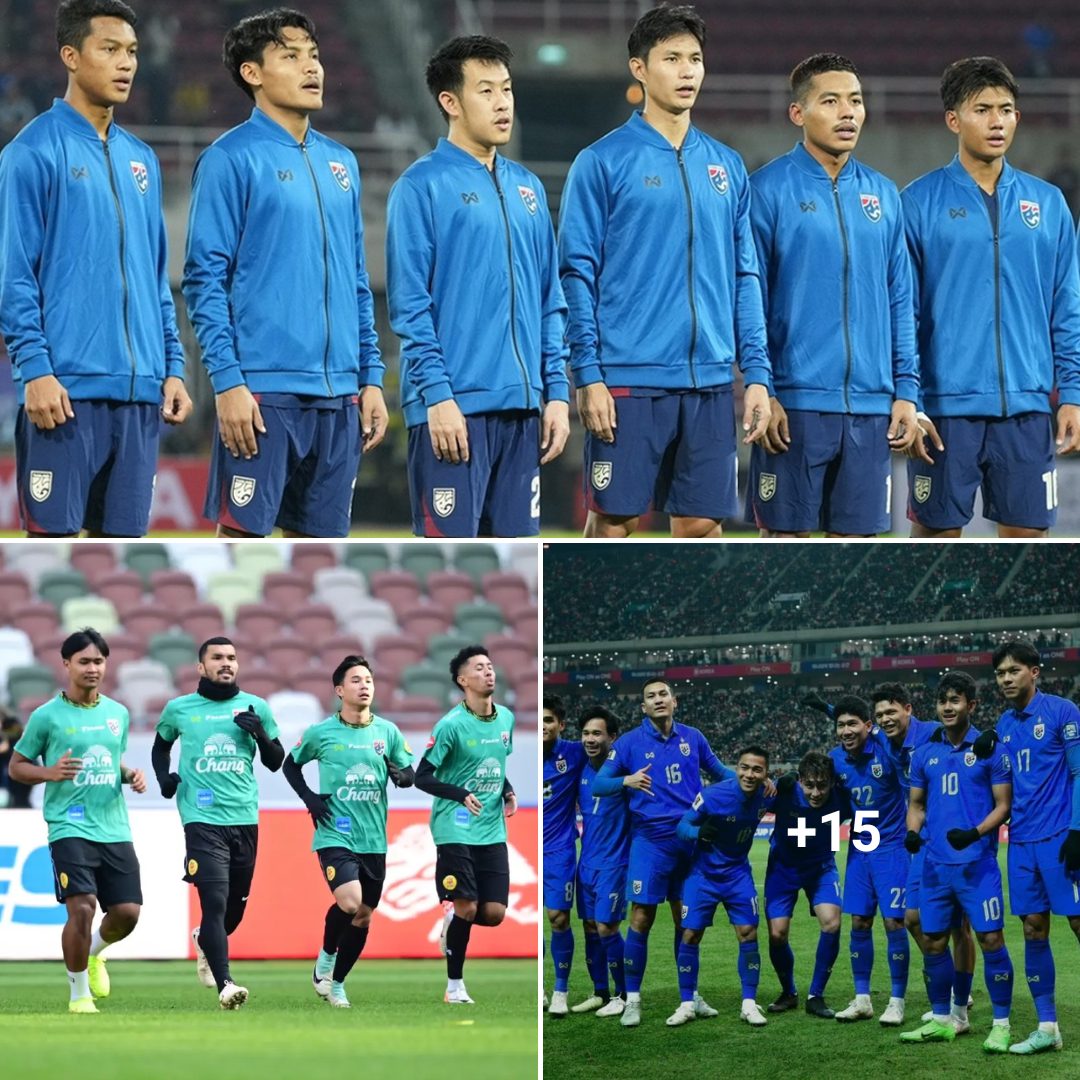In December, the world learned that baseball superstar Shohei Ohtani signed a 10-year, $700 million contract with the Los Angeles Dodgers. But most of this is deferred. Ohtani will receive only $2 million per year until 2033. Starting in 2034, he will receive $68 million per year for 10 years.

Many people saw this as a generous act on Ohtani’s part. His relatively small salary would allow the Dodgers to maintain their powerful and expensive lineup without triggering Major League Baseball’s competitive balance tax or “luxury tax.” The luxury tax is triggered if a team’s payroll exceeds $237 million in 2024. This includes their existing veterans Mookie Betts and Freddie Freeman. They also acquired Japanese pitching phenom Yoshinobu Yamamoto and free agent Teoscar Hernández.
But the 10-year post-contract payment structure contains a possible tax avoidance strategy which is making some tax professionals think Ohtani is a different kind of dodger — a tax dodger.
According to federal tax law, states are forbidden from imposing an income tax on any retirement income of an individual who is not a resident of that state. But the definition of “retirement income” is broader than income typically given to senior citizens whose working years are behind them. Retirement income includes substantially equal periodic payments that are made for at least 10 years or during the recipient’s lifetime.
Safely assuming Ohtani will have other California-source income exceeding $1 million, his entire deferred income will escape California’s highest 2024 tax rate of 14.4%. And who knows whether the rates will be higher in 2034.
When news of this became public, people were wondering whether this provision should apply to Ohtani who will be young, healthy, and very well off in 2034. On January 8, California State Controller Malia Cohen issued a press release stating that under the contract, Ohtani can potentially return to Japan and escape payment of California state income taxes on the deferred amount.
Controller Cohen further called for a change in the federal tax law:
The current tax system allows for unlimited deferrals for those fortunate enough to be in the highest tax brackets, creating a significant imbalance in the tax structure. The absence of reasonable caps on deferral for the wealthiest individuals exacerbates income inequality and hinders the fair distribution of taxes. I would urge Congress to take immediate and decisive action to rectify this imbalance.
Introducing limits on deductions and exemptions for high-income earners promotes social responsibility and contributes to a tax system that is just and beneficial for all. This action would not only create a more equitable tax system, but also generate additional revenue that can be directed towards addressing pressing important social issues and fostering economic stability.
Cohen’s statement suggests that Ohtani’s deferred payments could legally escape California income taxes if he left California. But keep in mind that in 10 years, a different person could be the controller, and that person may have a different opinion. Federal legislators will have 10 years to think about this.
This may make you wonder how many other people took advantage of this? In recent years, many famous high net worth individuals left high tax states like California and New York. They may have also structured their salaries as equal payments lasting for at least 10 years to avoid paying state income taxes. Other high net worth individuals living in California will try to structure a similar exit strategy.
Before the announcement, the public (and probably many tax professionals) did not know about this rule. Because of potential public and government backlash, tax advisors do not loudly advertise their tax strategies for high net worth individuals. For example, a few years ago, large U.S. corporations attempted to lower their U.S. tax bill through a merger technique called a “tax inversion” or a “corporate inversion.” This is generally where a U.S. corporation would merge with, acquire, or be acquired by a foreign corporation and then move their operations in that foreign country. While they may be many reasons for doing this type of transaction, one big appeal is tax savings, specifically tax exemption from overseas profits.
After public outcry, the Treasury Department issued new regulations on inversion transactions which made them less attractive. This resulted in at least one cancellation of an inversion-related merger. When the Tax Cuts and Jobs Act became law, it further removed the incentive to engage in inversion transactions due to a reduced corporate tax rate and exemption of U.S. income tax on offshore profits.
In 2034, Ohtani will be almost 40 and will be well past his prime. But that doesn’t mean he will leave California to avoid state income taxes. He could stay despite the tax if he has a job that requires him to stay in California. Or he may simply like living in California and will gladly pay the tax to do so. Considering that he will likely play his entire professional career in Los Angeles, this is not a far-fetched scenario.
Another thing to think about is what would happen if Ohtani is required to pay the state income tax on his deferred salary? Will he keep the same salary? Or will the Dodgers increase his pay to cover the tax (known as a “gross up”) making him the $800 million player? Ohtani was heavily recruited as a free agent and taxes (or lack of them) is becoming a selling point. So the Dodgers might have to eat the tax. And that will mean increased prices for tickets, parking, and Dodger dogs.
Lastly, it seems wrong to make Ohtani the poster boy for tax reform. He didn’t know about this tax rule and is relying on his highly paid advisors. Also, Ohtani has revitalized interest in baseball in a level not seen since in a very long time. In addition to his numerous MVP awards, he received the Commissioner’s Historic Achievement Award. This honor is awarded only at the MLB Commissioner’s discretion and was the only one awarded so far by current commissioner Rob Manfred. And, as all of Ohtani’s games are broadcast in Japan, California will get tax revenue coming from payments from Japanese television networks for broadcasting rights.
Ohtani’s mega-contract inadvertently publicized an obscure tax rule that could result in its change. But even if the law is changed, he may not be the one who pays the tax.





